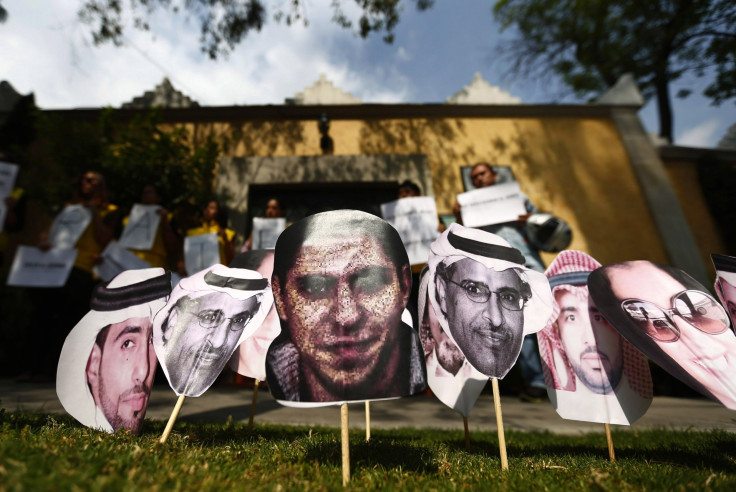Amos Yee YouTube Video: Online Free Speech, Government Control At Heart Of Blogger Crackdowns Across The World

Amos Yee's YouTube video comparing late Singapore President Lee Kuan Yew to Jesus and insulting them both landed him in jail and made him an international symbol of free speech. Police said the 17-year-old violated the country’s laws by smearing Christianity and the president. His subsequent arrest on Sunday came months after the public flogging of blogger Raif Badawi in Saudi Arabia for insulting Islam.
As access to social media increases across the globe, foreign countries are increasingly cracking down on protesters who express their opinions online. Age and profession, human rights observers say, are irrelevant. Because the Internet affords everyone a potential audience, authoritarian governments have come to see even young bloggers as serious threats to national security.
“Where previously you would have to work for some time to establish yourself as a journalist or dissident, if you are a young person who communicates effectively, suddenly you are the one with the followers,” said Madeline Earp, a research analyst for Freedom on the Net at Freedom House in Washington, D.C. “And that’s what governments and law enforcement are looking at when they’re trying to figure out who to punish.”
Of the 65 countries Freedom on the Net examined last year, 38 of them arrested people for their online communications. In many cases, the crackdowns flared up at the same time nations were trying to pass legislation to restrict Internet activity, Earp said. More than 19 countries have passed laws concerning surveillance or anonymity in recent years, including Turkey, Russia and Uzbekistan.
While some of the measures are aimed at disciplining cybercriminals, others are purposely broad as a way for authoritarian governments to try to repress dissent, Earp said. For example, one of Amos’ charges was transmitting an obscene representation online – a law that lawmakers vowed would be used to curb online harassment, Earp said.
Governments with religious leanings often justify their prosecution without expressly saying they’re nervous about an uprising, said Asma Uddin, legal counsel at the Becket Fund for Religious Liberty in Washington, D.C. “Purported concerns about religious blasphemy are often a cover for political concerns,” she said. "Governments are concerned about the wide scope of social media and its impact on creating social change."
Yee, for example, had a small following that saw his eight-minute video in which he celebrated the death of the president, whom he called a horrible person. He was bailed out of jail on Tuesday but faces up to three years in prison. Nearly 3,000 people have signed a Christian Singaporean group's Change.org petition, arguing that they weren't offended by Amos' comments and wanted his release.
Badawi ran the website "Free Saudi Liberals," where he wrote about secularism and mocked religion. He was sentenced to 1,000 lashes to be given over 20 weeks, but the punishment was postponed after the first 50 were performed in January because of health concerns. More than a million people have signed an Amnesty International U.K. petition in his defense.
In Turkey in February, officials arrested Merve Büyüksaraç, Miss Turkey 2006, after the 26-year-old criticized a public official. The model, who has about 30,000 Twitter followers, quoted a satirical poem making fun of President Recep Tayyip Erdoğan on her Instagram.
In 2013, 17-year-old Ali Al Shofa went to prison after he insulted the king of Bahrain on Twitter.
Such arrests are usually intended to dissuade others from joining the movement or publishing their own opinions online, said Bob Dietz, the coordinator of the Committee to Protect Journalists’ Asia program. “That’s why half of the people in China behind bars are bloggers,” he said. “You don’t need much other than a laptop and a microphone to post material."
© Copyright IBTimes 2024. All rights reserved.






















